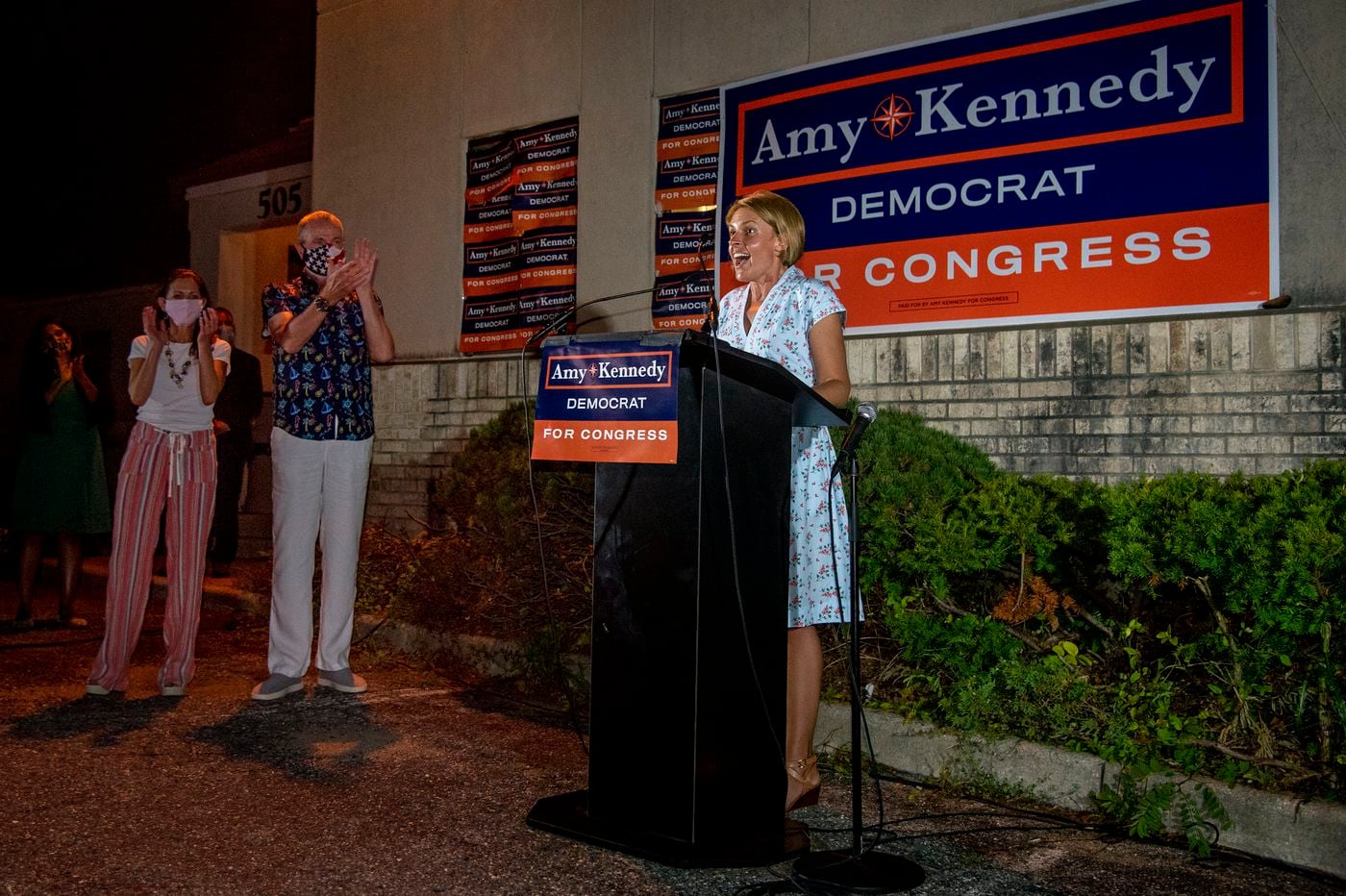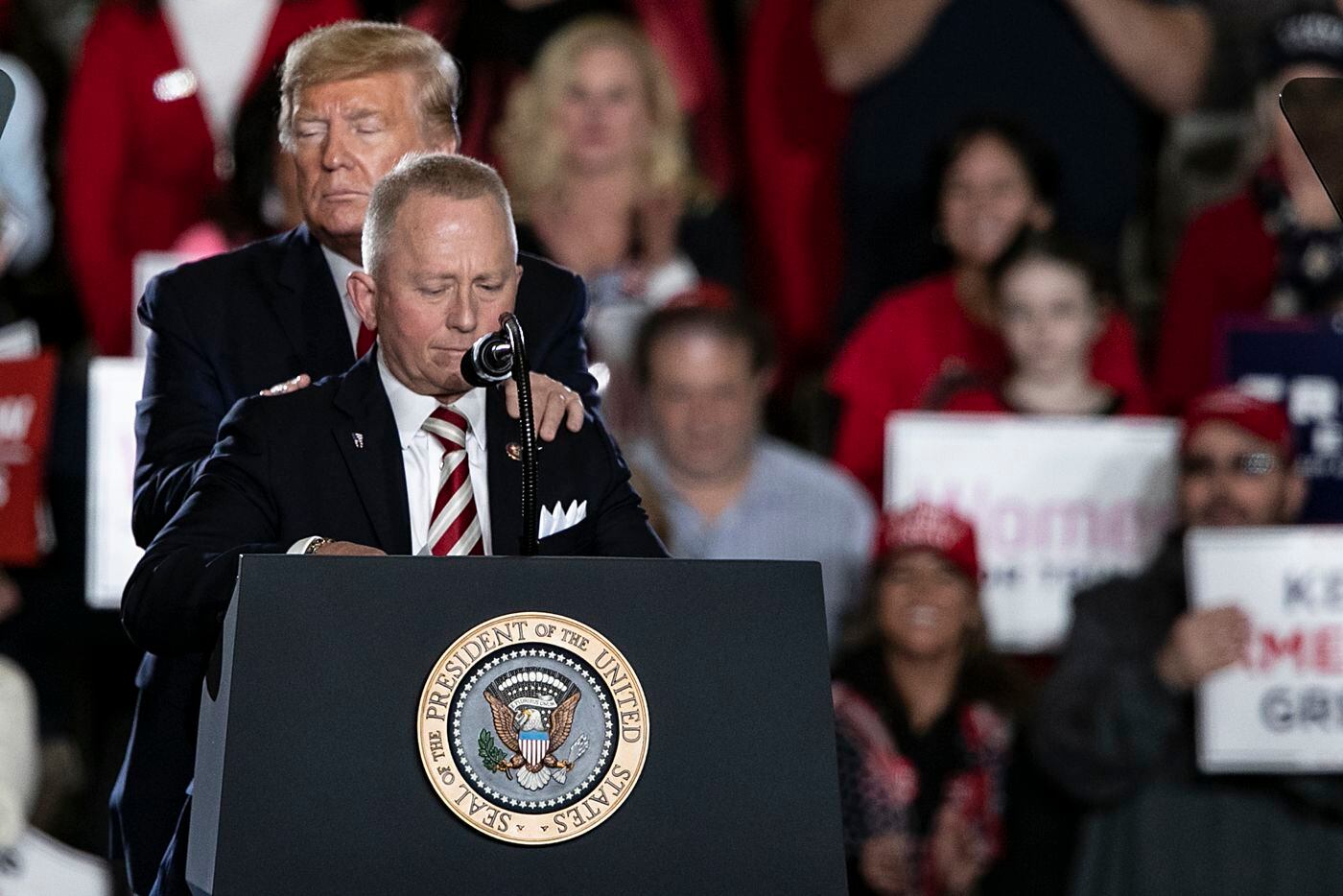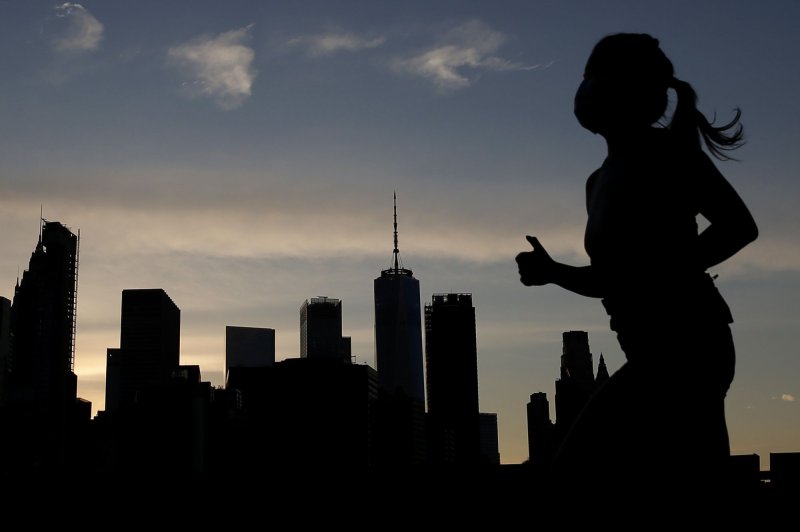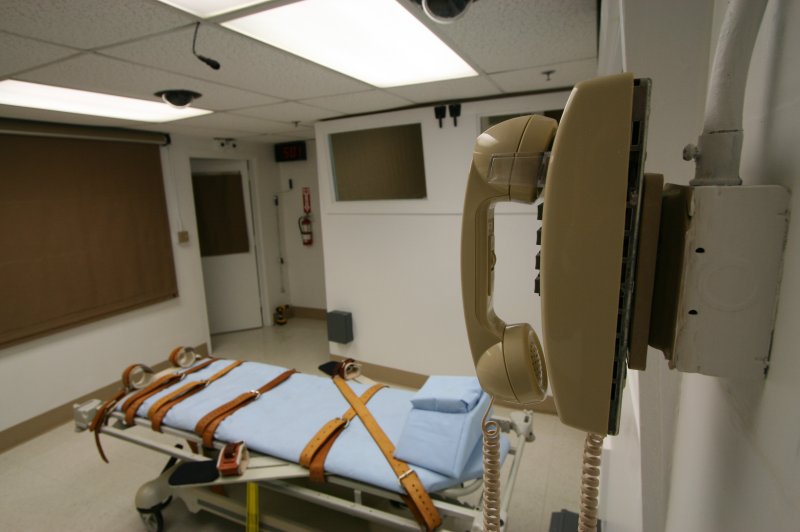Coronavirus: Oxford study finds face masks and coverings work
MERIDIAN
HEALTH
SCIENCE
CORONAVIRUS
Wednesday 8 July 2020, 12:03am

As of late April, mask-wearing was up to 84% in Italy, 66% in the US and 64% in Spain.Credit: PA Images
Face masks are effective in reducing the spread of Covid-19, according to a new study by the University of Oxford.
The study, published by Oxford's Leverhulme Centre for Demographic Science, found that cloth face coverings, even homemade masks made with the correct material, are effective in reducing the spread of COVID-19 for the wearer and those around them.
The study's key findings are:
Cloth face coverings are effective in protecting the wearer and those around them.
Behavioural factors, including how people understand the virus and their perceptions of risk, trust in experts and government, can adversely affect mask wearing.
Face masks are part of 'policy packages' that need to be seen together with other measures such as social distancing and hand hygiene.
Clear and consistent policies and public messaging are key to the adoption of wearing face masks and coverings by the general public
Face masks are effective in reducing the spread of Covid-19, according to a new study by the University of Oxford.
The study, published by Oxford's Leverhulme Centre for Demographic Science, found that cloth face coverings, even homemade masks made with the correct material, are effective in reducing the spread of COVID-19 for the wearer and those around them.
The study's key findings are:
Cloth face coverings are effective in protecting the wearer and those around them.
Behavioural factors, including how people understand the virus and their perceptions of risk, trust in experts and government, can adversely affect mask wearing.
Face masks are part of 'policy packages' that need to be seen together with other measures such as social distancing and hand hygiene.
Clear and consistent policies and public messaging are key to the adoption of wearing face masks and coverings by the general public

Oxford University Credit: heystudents.com
\
The evidence is clear that people should wear masks to reduce virus transmission and protect themselves, with most countries recommending the public to wear them. Yet clear policy recommendations that the public should broadly wear them has been unclear and inconsistent in some countries such as England.Professor Melinda Mills, Director of the Leverhulme Centre
However the study found that some coverings are not as effective as others.
Loosely woven fabrics, such as scarves have been shown to be the least effective.
Professor Melinda Mills says: "We find that masks made from high quality material such as high-grade cotton, multiple layers and particularly hybrid constructions are effective. For instance, combining cotton and silk or flannel provide over 95% filtration, so wearing a mask can protect others."
As of late April, mask-wearing was up to 84% in Italy, 66% in the US and 64% in Spain, which increased almost immediately after clear advice was given to the public.
Figures suggest wearing a face mask in the UK has had a very low uptake of around 25% as of late April 2020.
\
The evidence is clear that people should wear masks to reduce virus transmission and protect themselves, with most countries recommending the public to wear them. Yet clear policy recommendations that the public should broadly wear them has been unclear and inconsistent in some countries such as England.Professor Melinda Mills, Director of the Leverhulme Centre
However the study found that some coverings are not as effective as others.
Loosely woven fabrics, such as scarves have been shown to be the least effective.
Professor Melinda Mills says: "We find that masks made from high quality material such as high-grade cotton, multiple layers and particularly hybrid constructions are effective. For instance, combining cotton and silk or flannel provide over 95% filtration, so wearing a mask can protect others."
As of late April, mask-wearing was up to 84% in Italy, 66% in the US and 64% in Spain, which increased almost immediately after clear advice was given to the public.
Figures suggest wearing a face mask in the UK has had a very low uptake of around 25% as of late April 2020.











